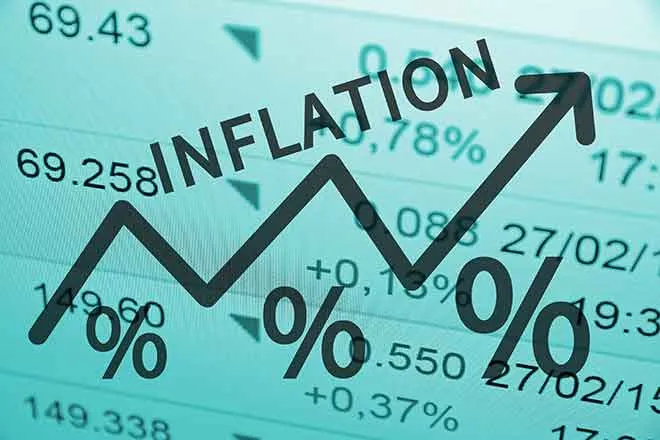
Thousands of local governments fail to report how they've spent COVID-19 relief funds
(The Center Square) – States and local governments have spent about 45 percent of the $350 billion given out through one federal COVID-19 relief program, but tracking that money has been difficult and 4,268 local governments – about 14 percent – have yet to submit reports on how the money was used.
The U.S. Department of the Treasury hasn't publicly released the names of the small local governments that have failed to report back on what they did with the money because it doesn't want to put "undue pressure" on them, according to a report released Wednesday.
When Congress passed the American Rescue Plan Act of 2021, it created the Coronavirus State and Local Fiscal Recovery Funds program. The U.S. Treasury allocated $350 billion in State and Local Fiscal Recovery Funds to tribal governments, states, the District of Columbia, local governments and U.S. territories. The money was to help cover a broad range of costs stemming from the pandemic, including revenue replacement.
Two years later, states and the District of Columbia have reported 60 percent ($118.3 billion) of that money has been obligated and 45 percent ($88.2 billion) has been spent as of March 31, according to a U.S. Government Accountability Office report.
Local governments reported obligating 54 percent ($67.5 billion) and spending 38 percent ($47.9 billion) of their awards during the same period.
Thousands of local governments haven't filed required reports to the U.S. Department of the Treasury on how the money was spent. Some 4,268 localities (14 percent), with a collective $3 billion in SLFRF awards, did not submit a required report to Treasury that detailed spending as of March 31 by the April 30 deadline. And 2,155 of these 4,268 localities, with nearly $606 million in combined SLFRF awards, also did not submit a report in the previous reporting cycle (spending as of March 31, 2022), according to the report.
U.S. Department of the Treasury policy says that the department must send up to three emails notifying the recipient that the report is overdue and establishing a new reporting deadline. In some cases, Treasury officials reported they reached out to a recipient directly by phone to help the local government submit a report. If that doesn't work, the department must issue a notice of non-compliance with a request that the report be submitted by a new deadline, according to the report.
In August, the U.S. Department of the Treasury sent notices of noncompliance to 3,544 of the 4,268 recipients that had not submitted reports as of March 31, 2023. The notice said that Treasury may impose penalties, such as returning funds, for failure to submit the report by the new deadline.
"Officials said they did not send notices to all 4,268 recipients for a number of reasons, including that Treasury is working with some recipients that are experiencing technical issues with submitting the reports or have limited administrative resources," according to the report. "Further, Treasury officials told us that some recipients had submitted reports after we completed our analysis."
Treasury officials also said that the non-compliance notices would have been issued sooner, but that effort was hampered by a plan to issue the notices through the department's award management system, according to the report.
"We will continue to review Treasury's efforts to address recipient non-compliance with filing SLFRF project and expenditure reports," the GAO reported.
The Treasury Department hasn't publicly identified the thousands of local governments that failed to comply with reporting requirements, in part, because of their size. Most are smaller local governments – typically serving fewer than 50,000 people – referred to as non-entitlement units of local government (NEUs). Treasury officials said those small governments have "limited capacity and other challenges that affect their ability to report on time."
Officials also said those small governments "were often the 'most nervous' to accept SLFRF awards (due to their limited experience with receiving federal funds), Treasury had concerns over creating 'undue pressure' or a 'chilling effect' on these recipients by publicly sharing information about who did not submit a report."















